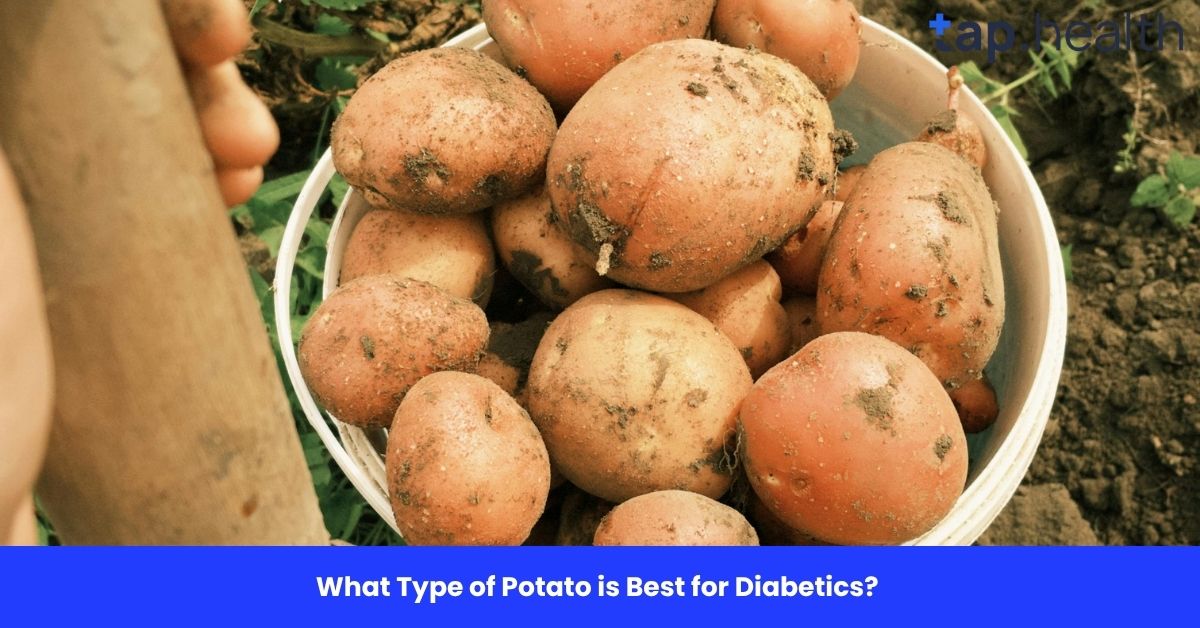Pregnancy is a time when expecting mothers are more cautious about what they eat, as their food choices directly impact their health and the development of their baby. Among the many foods that may raise questions, sesame seeds often come up. So, the question arises: can we eat sesame seeds during pregnancy?
In this blog post, we will explore the health benefits, risks, and precautions of consuming sesame seeds during pregnancy, along with expert recommendations and some helpful tips. We will cover everything you need to know about this tiny yet nutrient-packed seed.
What Are Sesame Seeds?
Sesame seeds, also known as Sesamum indicum, are tiny, flat, oval-shaped seeds that are rich in nutrients like fiber, healthy fats, vitamins, and minerals. Sesame seeds are widely used in cooking, baking, and garnishing dishes due to their mild, nutty flavor. These seeds can be eaten raw, toasted, or incorporated into various dishes, from salads to bread and desserts.
Nutritional Benefits of Sesame Seeds
Sesame seeds are a nutritional powerhouse, and when consumed in moderation, they can offer various health benefits, especially during pregnancy. Here’s a quick look at the important nutrients found in sesame seeds:
1. Rich in Healthy Fats
Sesame seeds contain unsaturated fats, including omega-3 fatty acids, which are essential for brain and eye development in the fetus. Healthy fats also support hormone regulation in the mother and provide energy during pregnancy.
2. High in Protein
Protein is an essential nutrient for the growth and development of the baby. Sesame seeds are a great source of plant-based protein, making them a good option for vegetarians and vegans during pregnancy.
3. Packed with Calcium
Calcium is vital for the development of the baby’s bones and teeth. Sesame seeds are an excellent source of calcium, helping to ensure that the mother’s bones remain strong during pregnancy as well.
4. Rich in Iron
Iron is another important mineral for pregnant women, as it supports the formation of red blood cells and prevents anemia. Sesame seeds contain a decent amount of iron, which helps in maintaining healthy blood circulation.
5. Loaded with Fiber
Fiber is essential for digestive health, and pregnancy can sometimes bring about constipation. Sesame seeds are rich in fiber, which aids in digestion and helps maintain a healthy bowel movement.
6. Packed with Vitamins and Antioxidants
Sesame seeds contain vitamins such as Vitamin B, E, and minerals like magnesium and zinc. These vitamins and minerals play an essential role in promoting overall health and boosting the immune system.
Health Benefits of Sesame Seeds During Pregnancy
Now that we understand the nutritional value of sesame seeds, let’s look at how these tiny seeds can benefit you during pregnancy.
1. Promoting Healthy Digestion
Pregnant women often experience digestive issues like bloating and constipation. The high fiber content in sesame seeds helps improve digestion and ensures regular bowel movements, providing relief from these discomforts.
2. Supporting Bone Health
During pregnancy, the body requires more calcium to support the development of the baby’s bones and teeth. Sesame seeds are a good natural source of calcium, which is crucial for both the mother and the baby. Regular consumption of sesame seeds can help prevent calcium deficiency and support bone health.
3. Preventing Iron Deficiency Anemia
Iron deficiency anemia is common during pregnancy due to the increased blood volume in the body. Sesame seeds are a great source of iron, which helps in the production of red blood cells and ensures a steady supply of oxygen to the baby.
4. Boosting Immune System
Pregnancy can weaken the immune system, leaving the body more vulnerable to infections. Sesame seeds are rich in antioxidants, such as sesamin, which help strengthen the immune system and protect the body from harmful free radicals.
5. Regulating Blood Pressure
Sesame seeds contain magnesium, which is known to help regulate blood pressure. During pregnancy, controlling blood pressure is crucial to prevent complications like preeclampsia.
Can Sesame Seeds Be Harmful During Pregnancy?
While sesame seeds are generally safe to eat during pregnancy, there are a few things to consider before adding them to your diet.
1. Possible Allergies
Some people are allergic to sesame seeds, and this allergy can lead to symptoms like itching, swelling, and difficulty breathing. If you have never eaten sesame seeds before or have a known allergy to seeds or nuts, it is best to consult with your doctor before consuming them during pregnancy.
2. High Calorie Content
Sesame seeds are calorie-dense, which means consuming too many can lead to excessive weight gain during pregnancy. It’s essential to enjoy sesame seeds in moderation to avoid this potential concern.
3. High in Oxalates
Sesame seeds contain oxalates, compounds that can interfere with calcium absorption and increase the risk of kidney stones. If you have a history of kidney stones or are at risk, it’s best to consume sesame seeds in moderation or consult your doctor for advice.
4. Risk of Miscarriage (in Excessive Quantities)
Although sesame seeds are safe in normal amounts, consuming them in excessive quantities may have hormonal effects. Some traditional beliefs suggest that sesame seeds can trigger uterine contractions and lead to miscarriage when consumed in large amounts, but there is no scientific evidence to support this claim. It’s still best to follow a balanced diet and avoid overconsumption of any food during pregnancy.
How to Safely Consume Sesame Seeds During Pregnancy
If you decide to include sesame seeds in your diet, it’s important to consume them in moderation and be mindful of your overall nutritional needs.
1. Stick to a Few Tablespoons per Day
Generally, consuming one to two tablespoons of sesame seeds per day is considered safe during pregnancy. This amount is enough to provide you with essential nutrients without overloading your body with excess calories or oxalates.
2. Incorporate Sesame Seeds into Your Diet
Sesame seeds can be enjoyed in various forms. Here are some simple ways to include sesame seeds in your diet during pregnancy:
- Sprinkle on Salads: Add sesame seeds to salads for a crunchy texture.
- Add to Smoothies: Blend sesame seeds into your smoothies for a nutty flavor and extra nutrients.
- Baked Goods: Add sesame seeds to muffins, bread, and cookies.
- Sesame Oil: Use sesame oil in cooking for a mild, nutty flavor.
- Tahini: Incorporate tahini (sesame seed paste) into hummus or spreads.
3. Consult Your Doctor
Before adding sesame seeds to your daily diet, especially if you have any health conditions or concerns, it’s always a good idea to talk to your doctor or a nutritionist. They can provide personalized advice based on your health and pregnancy.
Frequently Asked Questions (FAQ) on Is it safe to eat sesame seeds during pregnancy?
1. Is it safe to eat sesame seeds during pregnancy?
Yes, sesame seeds are generally safe to eat during pregnancy when consumed in moderation. They are packed with essential nutrients such as protein, calcium, iron, and healthy fats, which are beneficial for both the mother and the baby.
2. How much sesame seed is safe during pregnancy?
It’s recommended to consume about one to two tablespoons of sesame seeds per day. This amount is enough to reap the nutritional benefits without causing any harm.
3. Can sesame seeds cause miscarriage?
There is no scientific evidence to support the claim that sesame seeds can cause miscarriage. However, it’s important not to overeat them, as consuming too much of any food may have unwanted effects.
4. Are sesame seeds safe for people with allergies?
No, sesame seeds can cause allergic reactions in some individuals. If you are allergic to sesame seeds or other seeds and nuts, it’s best to avoid them and consult with your doctor.
5. Are sesame seeds good for iron deficiency during pregnancy?
Yes, sesame seeds are a good source of iron, which is important for preventing iron deficiency anemia during pregnancy. Consuming sesame seeds along with other iron-rich foods can help maintain healthy iron levels.
Conclusion
Sesame seeds are a nutritious and tasty addition to a pregnancy diet when consumed in moderation. They offer numerous health benefits, such as supporting digestion, promoting bone health, boosting immunity, and preventing iron deficiency. As long as you eat them in small amounts and consider any potential allergies or medical conditions, sesame seeds can be a healthy and safe snack during pregnancy.
Always consult with your doctor or healthcare provider before making any significant changes to your diet to ensure that it’s tailored to your specific needs and health condition. Happy eating, and take care of yourself and your baby!


